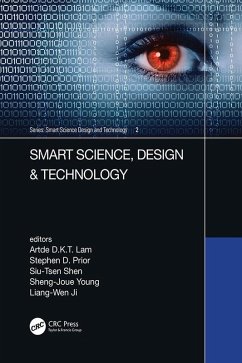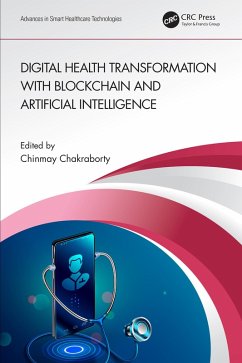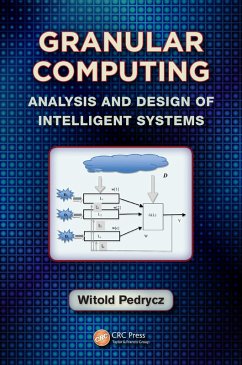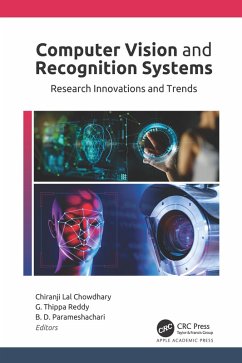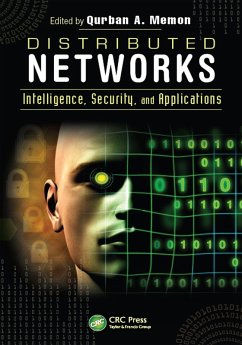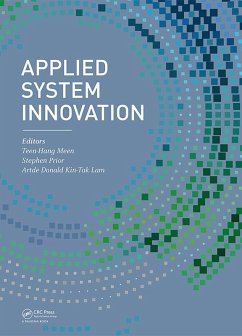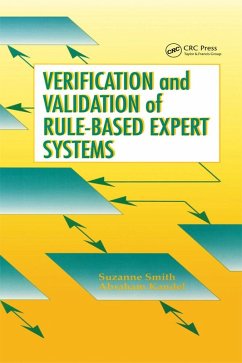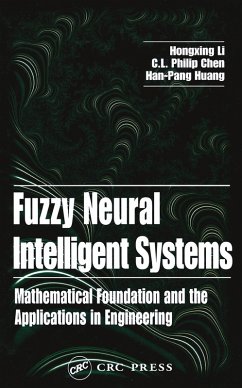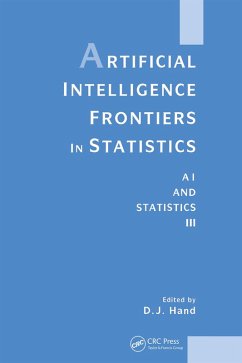
Artificial Intelligence Frontiers in Statistics (eBook, ePUB)
Al and Statistics III
Versandkostenfrei!
Sofort per Download lieferbar
175,95 €
inkl. MwSt.
Weitere Ausgaben:

PAYBACK Punkte
88 °P sammeln!
This book presents a summary of recent work on the interface between artificial intelligence and statistics. It does this through a series of papers by different authors working in different areas of this interface. These papers are a selected and referenced subset of papers presented at the 3rd Interntional Workshop on Artificial Intelligence and Statistics, Florida, January 1991.
Dieser Download kann aus rechtlichen Gründen nur mit Rechnungsadresse in A, B, BG, CY, CZ, D, DK, EW, E, FIN, F, GR, HR, H, IRL, I, LT, L, LR, M, NL, PL, P, R, S, SLO, SK ausgeliefert werden.




